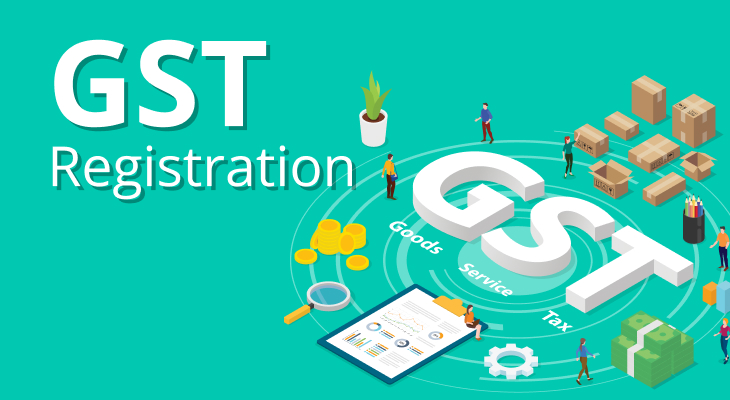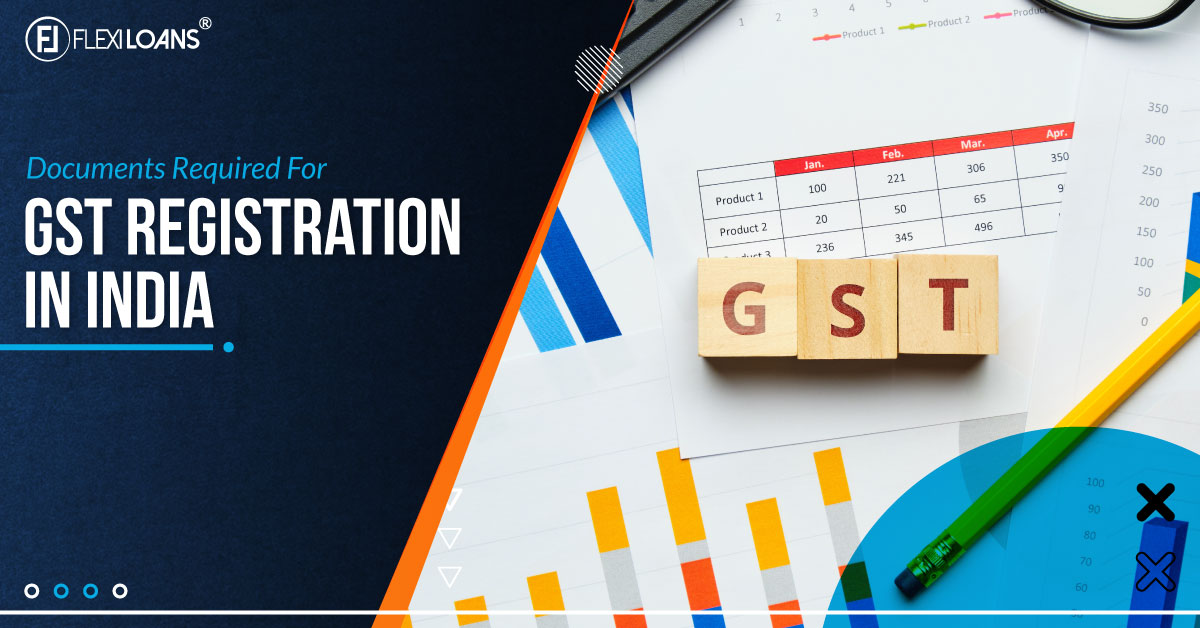From Beginning To End: The Ultimate Roadmap to GST Enrollment for Businesses Looking For Financial Security
Browsing the intricacies of Product and Services Tax (GST) enrollment is an important step for companies aiming for financial security. Breaking down the roadmap right into convenient actions can simplify the enrollment journey for services looking to boost their monetary standing.
Understanding GST Fundamentals
Looking into the fundamental principles of Product and Provider Tax Obligation (GST) is crucial for acquiring an extensive understanding of its implications on companies and the economy. GST is a value-added tax obligation imposed on a lot of goods and services for domestic intake. It has replaced numerous indirect taxes that existed in the pre-GST period, simplifying the tax obligation framework and enhancing convenience of doing service in India. Under the GST system, both services and items are tired at a particular rate, which is determined based upon their classification. Businesses are called for to sign up for GST if their yearly turnover goes beyond the threshold restriction established by the government. Input Tax Obligation Credit Report (ITC) is a significant function of GST, permitting businesses to claim credit history for tax obligations paid on inputs, lowering the total tax obligation problem. Comprehending the basics of GST is important for companies to conform with tax obligation policies, manage their funds effectively, and add to the nation's economic growth by joining a transparent tax system.
Eligibility Criteria for Enrollment
To sign up for GST, organizations should satisfy details eligibility criteria established by the government. The key eligibility demand is that any type of service associated with the supply of items or services with a yearly aggregate turnover over the threshold limitation set by the authorities need to sign up for GST. Since the current policies, the threshold limitation for GST registration is an annual accumulation turnover of 40 lakhs for companies operating within a state, besides unique category states where the restriction is 20 lakhs. Furthermore, specific companies are required to register for GST regardless of their turn over, such as interstate vendors, laid-back taxable persons, and businesses liable to pay tax under the reverse cost system. It is important for companies to completely assess their turn over and transaction kinds to identify their GST enrollment commitments accurately. Failing to register for GST when eligible can lead to penalties and legal repercussions, making it necessary for businesses to comply with the specified eligibility standards.
Documents Needed for Enrollment
Having fulfilled the qualification standards for GST registration, businesses have to now guarantee they have the requisite papers in place to continue with the registration process effectively. The documents needed for GST enrollment usually consist of proof of organization constitution, such as partnership act, registration certification, or unification certificate for various kinds of services. Furthermore, organizations require to provide files establishing the primary place of service, such as a rental arrangement this page or electricity have a peek at these guys expense.
Step-by-Step Registration Refine
Starting the GST registration procedure includes a collection of structured actions to guarantee a seamless and compliant enrollment for services. The very first step is to go to the GST portal and complete the registration type with accurate details of business entity. Following this, the applicant receives a Momentary Referral Number (TRN) which is used to resume the application procedure if it's not finished in one go.
Next, all required files based on the checklist offered by the GST portal requirement to be published. These papers usually include proof of service address, identity and registration proofs of promoters, monetary statements, and business entity's frying pan card.

Post-Registration Conformity Guidelines

Conclusion
Finally, companies looking for economic security should understand the essentials of GST, meet qualification criteria, collect essential files, comply with the detailed registration procedure, and follow post-registration guidelines - Best GST registration services in Singapore. By adhering to these actions, businesses can guarantee conformity with tax obligation guidelines and preserve monetary stability in the lengthy run
Furthermore, specific companies are called for to sign up for GST regardless of their turnover, such as interstate suppliers, informal taxable persons, and businesses accountable to pay tax under the reverse cost system.Having met the qualification standards for GST enrollment, services have to now guarantee they have the requisite documents in area to continue with the enrollment procedure successfully. The papers required for GST registration generally consist of evidence of organization constitution, such as collaboration deed, registration certification, or incorporation certification for various kinds of services. Additionally, companies need to provide files establishing the major area of organization, such as a rental arrangement or electrical energy costs.Beginning the GST enrollment process includes a collection of organized steps to guarantee a smooth and compliant registration for businesses.